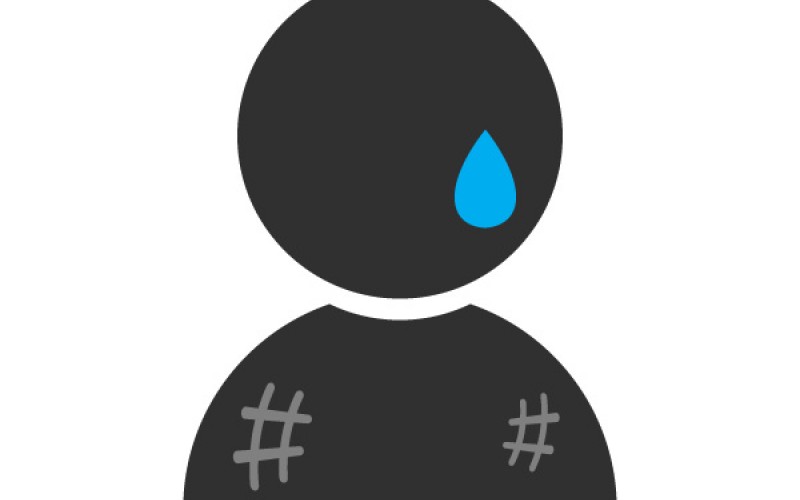It has been a distressing and troubling period for those of us who struggle to maintain a meaningful relationship with social media and internet technology. The revelation that Facebook had undertaken a grotesque experiment in mind-bending and emotional manipulation by altering the news feeds of around 700,000 of its users in 2012 has been greeted with some outrage.
Then we discovered that prominent people are beginning to deploy some arcane European privacy legislation to force Google to "forget" about their historical misdemeanours. Thus references to an American financier Stan O'Neal who helped drive his bank to ruination in 2007 were "deleted". (In truth, they are not deleted; instead Google hides specific articles for specific searches; and you can get round it by using google.com).
Read the article.




Comments
make a comment